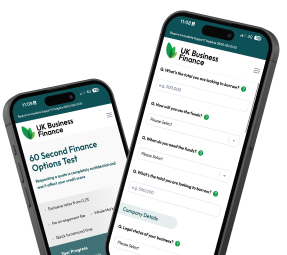Invoice Discounting
Invoice Discounting Specialists – Cash Flow and Working Capital Lending Solutions
Invoice discounting allows you immediate access to the money owed to your business by way of unpaid customer invoices. Rather than waiting for your debtors to make the payment owed to you, invoice discounting allows you to upload an invoice as soon as it has been issued, and you will receive a percentage of this balance immediately.
This saves you waiting weeks – or even potentially months – for a customer to make payment. It can be extremely difficult to manage cash flow when you cannot guarantee when the money will hit your account. Invoice discounting therefore, provides an element of certainty when it comes to managing your incomings and overall cash flow situation.
Discounting is similar in premise to invoice factoring, however there is one key difference. With a factoring agreement, the finance company assume control over the company’s sales ledger; with invoice discounting, however, the responsibility for collecting payment from customers remains with the company. This has its plus points as well as its drawbacks.
Solutions Based Funding Options
- UK's Leading Business Funders
- Free Brokerage Service
- Full Market Access
On the one hand, entering into an invoice discounting agreement with a finance company will remain confidential; your customers have no way of knowing you have done this as your collection processes will remain unchanged in their eyes. This can be a positive for those companies who prefer to keep their financial situation private.
On the other hand, if you are experiencing problems when it comes to collecting the money owed to you by customers, this is something which will continue to be a challenge. If you do not have an effective credit control process in place, invoice discounting may be a more appropriate option for you and your company.
Advice on Finance Options
Arrange a free consultation with a finance and funding expert at Begbies Traynor Group – choose a time at your convenience and with no obligation.
Free ConsultationInvoice discounting – like all forms of invoice finance – is an extremely flexible way of funding your company, as the facility grows with your company and its turnover; issue more invoices, and the funding available to you likewise increases. It can therefore be a great way for companies to finance a growth or expansion project, particularly in situations where banks may be more hesitant to advance borrowing for such a venture.
Unlike traditional forms of borrowing, such as commercial loans from a high street bank, you are not charged a set amount of interest for the funding you take out. Instead, the amount you will pay in fees and charges will be directly related to the amount you advance and how long the invoices remain unpaid by your customers.
Contact Begbies Traynor Group
Our Media Centre
Read our latest news, expert opinion pieces and articles covering the the professional and financial sector.






